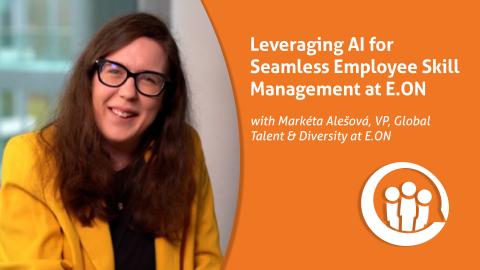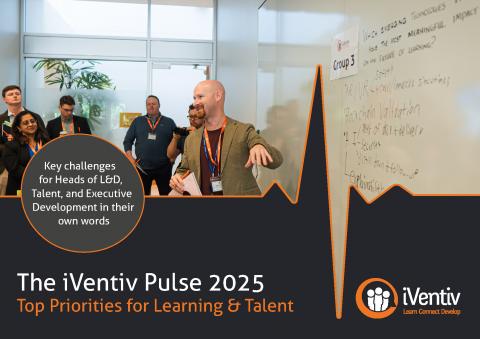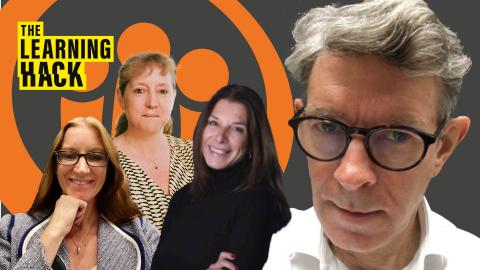In this video, Marianne Schenk, Global Head of Leadership Development at Julius Baer, provided insights on the importance of adaptability and reflection in effective leadership. Marianne discussed the idea of being on a "dance floor" versus viewing from the "balcony."
How do leaders become more adaptable and what obstacles get in the way?
Marianne began by drawing attention to the importance of awareness and adaptability in leadership. She warned that leaders need to be "really aware of all the changes around them in the world," emphasizing that the world is in a state of constant change. She added that it's "very hard to be adaptable" if a leader fails to be aware of these changes.
However, Marianne also cautioned against the danger of assumptions, advising against doing things "simply because we always have done it that way or because that is the way we are used to doing things." She argued this could inhibit adaptability in a "fast-changing environment."
Marianne highlighted the importance of being "hyper-aware" of changes and making quick decisions in response. She clarified that adaptability isn't just about making decisions, but also about execution. "From a decision, the next step to be adaptable is to also execute on what you have been aware of, what you have decided and what you want to then bring into the world as a next step," she said.
What does it mean for leaders to switch between the “balcony” view and the “dance floor” view?
This cycle of awareness, decision-making, and execution is not a one-time process. According to Marianne, leaders must repeat this cycle to stay adaptable. She also emphasized the importance of understanding the interaction between self and the system, and the necessity of bringing your team along with you on this journey of adaptability.
Marianne pointed out that leaders often find themselves in a state of constant action, or "activity mode," which can hinder their awareness of what's happening around them. She recommended leaders spend more time in "reflection mode," to gain a more holistic view of their surroundings. She compared this to the difference between being on the "dance floor," engrossed in the action, versus observing from the "balcony."
In Marianne's view, a leader on the dance floor might be too involved in their actions to see the bigger picture. In contrast, a leader on the balcony can observe the entire room, gaining a more comprehensive understanding of the environment. This wider perspective enables them to make better-informed decisions.
How can leaders create an environment that is psychologically safe?
She further discussed the importance of allowing people to bring their "whole self" to the workplace. She advocated for leaders to recognize and value their team members as holistic individuals, capable of contributing their full creativity, thinking, and experience to the workplace.
Marianne also stressed the importance of self-reflection for leaders. She advised them to understand their reactions to certain situations or challenges and to have an awareness of their team members' responses, requests, or demands.
How can leaders make real time to reflect?
Marianne concluded her talk by emphasizing the importance of holistic approaches to leadership in the face of radical shifts in the world. She suggested that leaders need to be equipped with tools for mindfulness, wellbeing, and mental health. They should be prepared to talk about these topics, to make their team members feel addressed, and to learn and adopt new skills. This, according to Marianne, is the true essence of adaptive leadership.
Marianne Schenk is Managing Director, Senior Advisor, Global Head Leadership Development at Julius Baer and a Senior Organisational Change expert with a global portfolio. She has over 20 years of experience in Complex Business Environments, in international finance and banking, in senior leadership development, in succession planning and Talent Management, and in organisational and individual change. She has also chaired many human resource initiatives and has been responsible for complex project management work. She currently is Managing Director, Senior Advisor at Bank Julius Baer and is the Global Head for Leadership Development and also responsible for strategic transformation projects.










